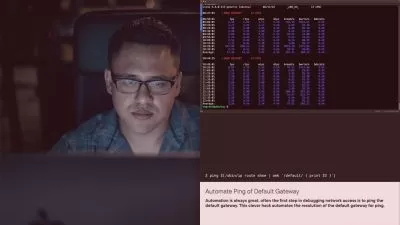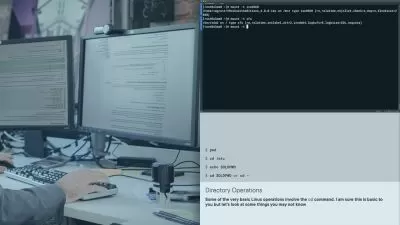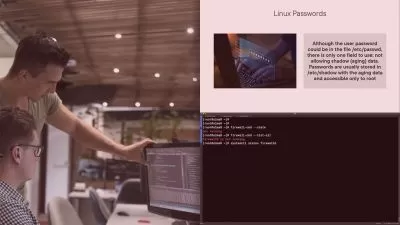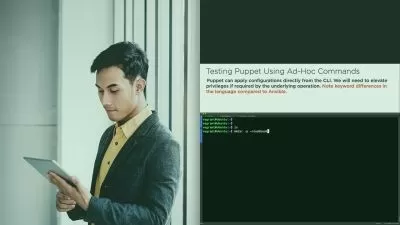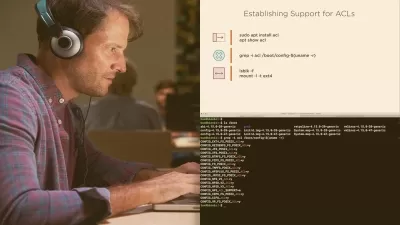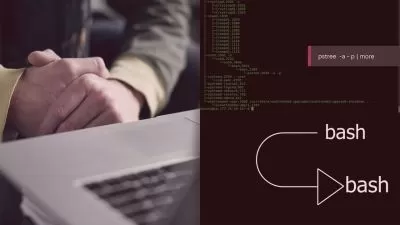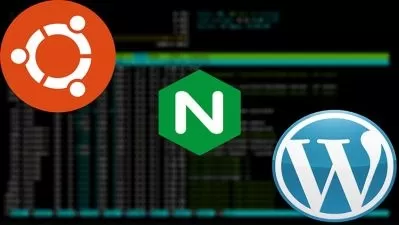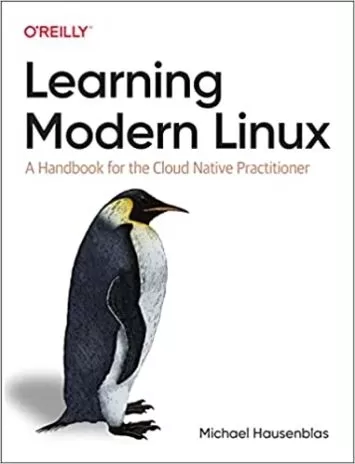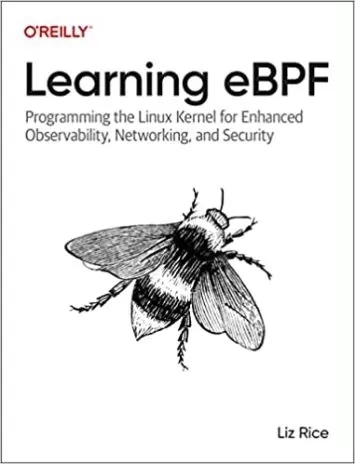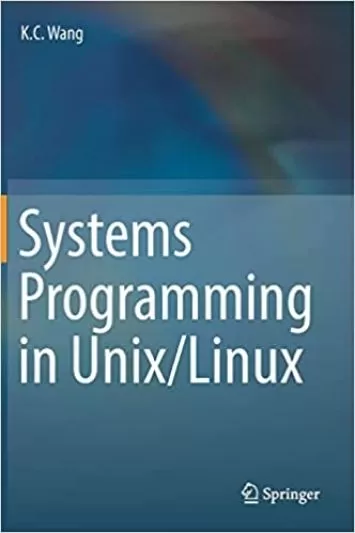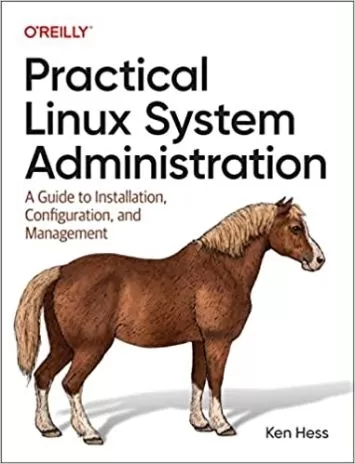About Linux AdministrationLearn More
Linux is an open source operating system available in several variations. Linux administration is the maintenance of computer systems and networks that run on a Linux operating system. Udemy offers a wide selection of Linux administration training that instructs in the fundamentals of Linux administration, strengthens existing skills, or can prepare you for a Linux certification.
Sort by:
Sorting
The newest
Most visited
Course time
Subtitle
Filtering
Courses
Subtitle
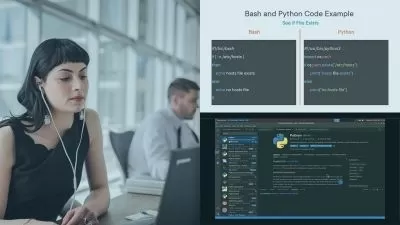
Pluralsight


Steve Buchanan
Python for Linux System Administration 2:53:57
English subtitles
12/12/2022
Subtitle
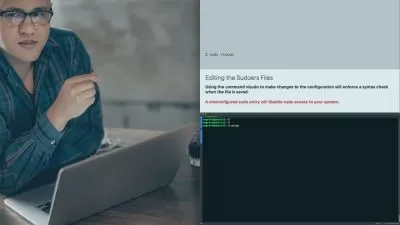
Pluralsight


Andrew Mallett
Ubuntu Linux Administration: User and Group Management 3:45:19
English subtitles
12/09/2022
Books
Frequently asked questions about Linux Administration
A Linux systems administrator is a person who manages the operation and maintenance of a Linux-based system, overseeing the infrastructure of both physical and virtual platforms. They are often the liaison between management, the support team, and users. Administration includes, but is not limited to, creating backups, new system builds, and restores; performing automation, disaster recovery, user maintenance, hardware maintenance, and housekeeping on filesystems; the installation and configuration of applications; and managing data storage and system security.
The Linux administrator oversees the installation and operation of Linux servers. They perform system updates and configure servers, and they are responsible for implementing changes in various environments between development and production. Tasks likely include installing and observing software and hardware systems, creating backups, managing security, and performing other critical processes. Linux system administration also requires that you learn new software, read and comply with security notifications, maintain patches, and apply hardware updates.
You will need to understand: Linux file systems and file hierarchy, how to work as a root or superuser, how to manage files, directories, and users, and basic bash commands. You will also need a broad knowledge base of virtualization, interoperability, network configuration, and, surprisingly, even a basic knowledge of Windows operating systems. Technical expertise in databases, firewalls, and network security will also equip you to excel as you will be part of a support team that works to solve complex problems, with security often being the root cause of such issues.





